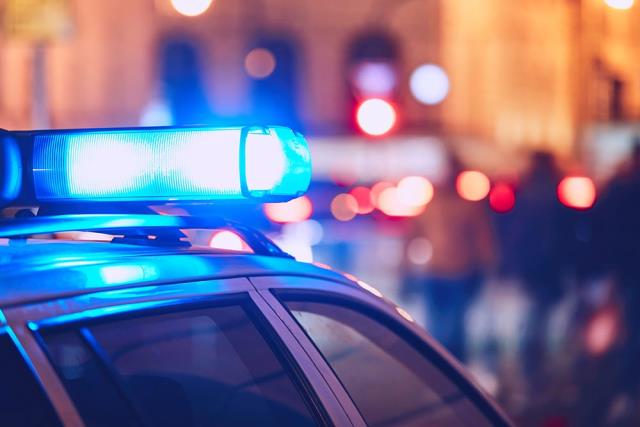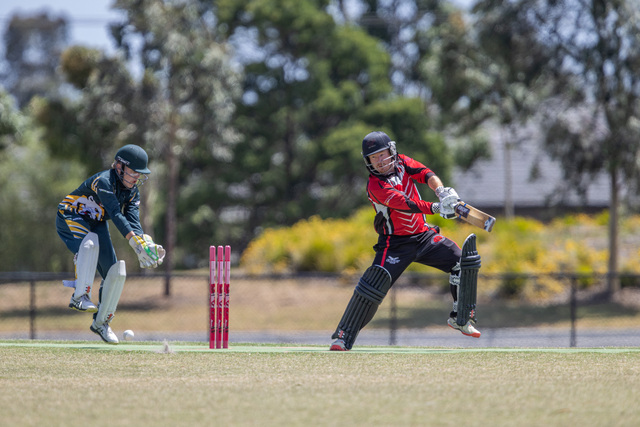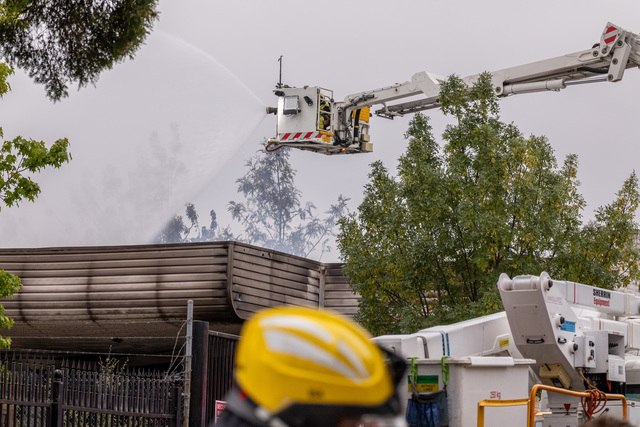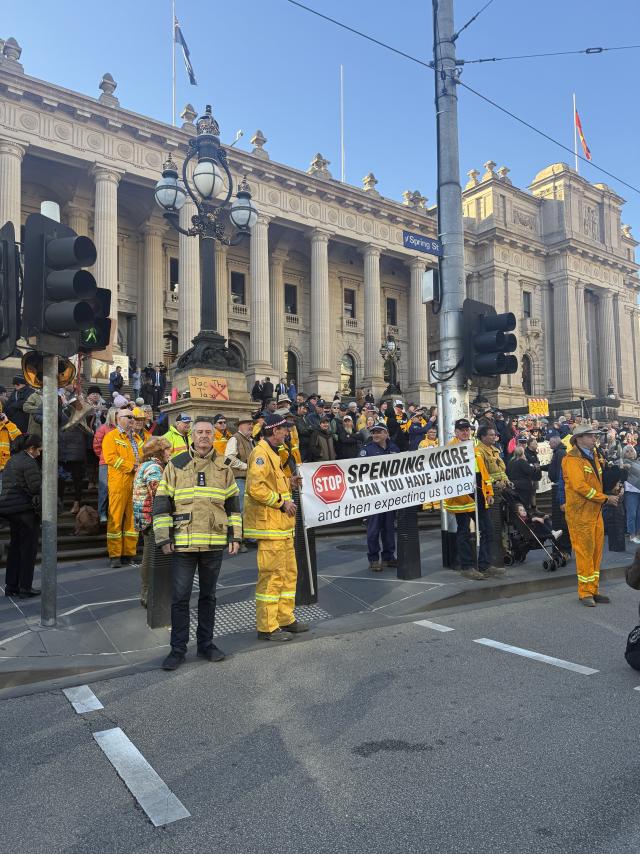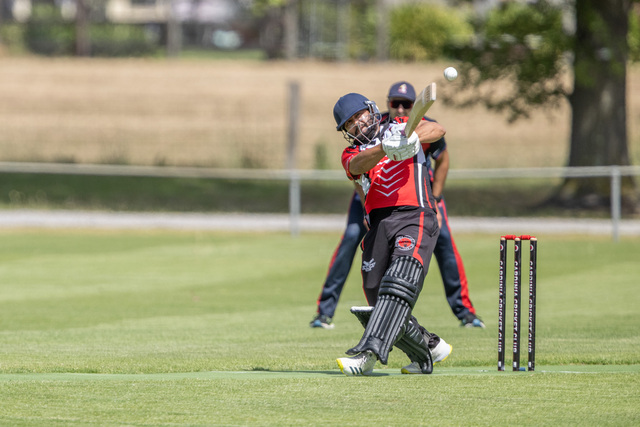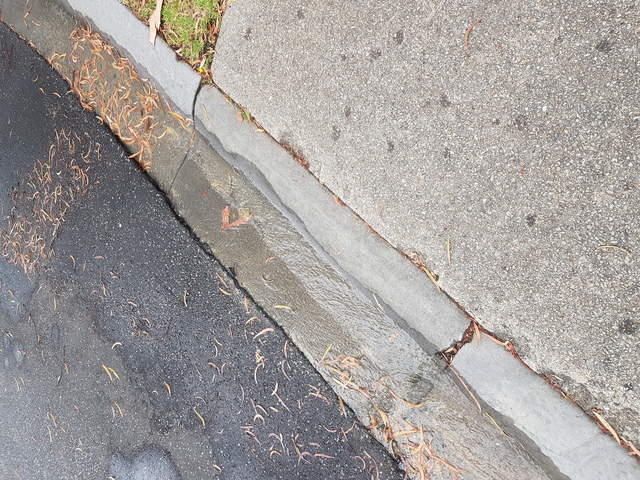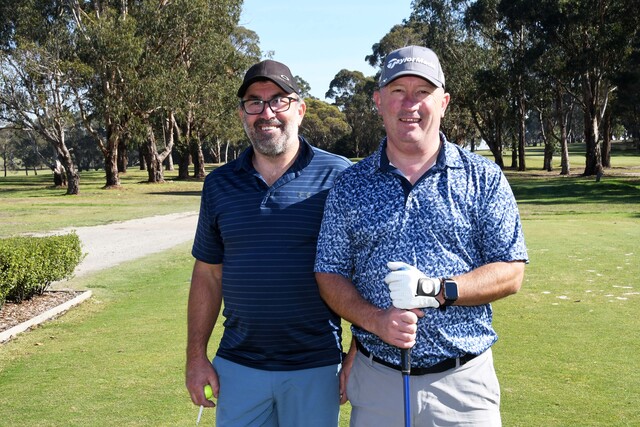Tradies and parents prescribed medicinal cannabis have joined with South East MP Rachel Payne to launch a new campaign for fair driving laws.
They have united to advocate for a legal defence for unimpaired drivers prescribed medicinal cannabis who test positive to drugs to be in place when the government’s new $4.9 million med-can driving trial starts.
Payne’s office has reportedly been contacted by numerous locals prescribed medicinal cannabis who have been penalised for detection of cannabis in their system while driving, even though they show no signs of impairment. Some have lost their license.
The campaign will include a public action day to inform the public about Victoria’s drug tests, which the Payne describes as ‘discriminatory’ as they do not screen for medications such as heavy-duty opiates but criminalise medicinal cannabis patients.
A social media campaign featuring the testimonials of impacted drivers and billboards on major roads will also be include to push the matter.
Ms Payne said Legalise Cannabis will debate its motion on medicinal cannabis driving laws and the need for a legal defence in the Upper House on July 31.
“Victorian Police carry out about 150,000 random roadside drug tests every year,” Ms Payne said.
“These saliva tests do not determine whether a driver is impaired. Testing detects the presence of tetrahydrocannabinol (THC) chemical compounds in the body – often just small traces from medication consumed days before that have no impact on driving,” Payne said.
“Ordinary working Victorians are losing their licence even though they are taking their prescribed medication as directed by their doctor. There is nothing wrong with their driving. They shouldn’t be penalised because testing only shows presence.
“It’s a six-month loss of licence for a first offence, and a 12-month loss of license for a second offence. We will campaign hard in July to secure a legal defence for Victorian patients.”
More than a million prescriptions have been issued in Australia for medicinal cannabis since it’s legalisation in 2016.


